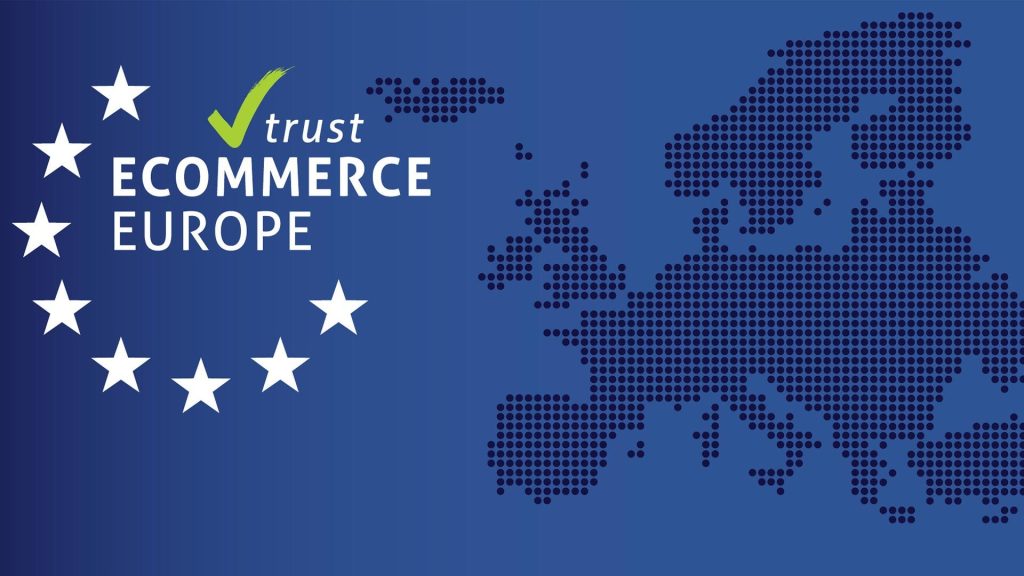Ecommerce Europe’s priorities in 2024
 In the manifesto prepared in the lead-up to the elections for a new European Parliament, Ecommerce Europe states that it is more important for online sellers that existing rules are enforced than the introduction of new rules.
In the manifesto prepared in the lead-up to the elections for a new European Parliament, Ecommerce Europe states that it is more important for online sellers that existing rules are enforced than the introduction of new rules.
Ecommerce Europe is the united voice of the European Digital Commerce sector, representing the interests of companies selling goods and services online to consumers in Europe as their official website presents.
Ecommerce Europe describes its manifesto as “a way forward for the European Union to unlock the potential of the European economy and the digital commerce sector”. According to the interest group, this ambition can only be realized by adhering to a set of guiding principles, with enforcement priority being a prominent one: “Think enforcement first, and new rules second.”
Ecommerce Europe also calls for understanding companies’ realities to design rules they can comply with, to respect better regulation principles, and to ensure coherence across legislations. Another principle regarding regulations is “Think small first, to work for the 90% of companies making up our economy.”
Other prerequisites include the preservation of channel-neutrality, the assurance of harmonization, and the defense of a level playing field for all companies. “By following these principles when regulating any aspect of the economy, we could ensure that the common objective of a green, digital, and inclusive economy is fulfilled, “ the manifesto says.
Ecommerce Europe has put forward concrete policy priorities for the new EU mandate, including closing the loop on the EU circular single market, streamlining data requirements, and leveraging digital tools to improve consumer information. All the priorities are developed in its manifesto.
The elections for the European Parliament take place from June 6 to 9. According to Ecommerce Europe, in the next five years ecommerce in Europe will play a crucial role to realize continental economical ambitions.
After years of tempered growth, European online spending will grow more rapidly in the coming years, according to the group, reaching an estimated 30 percent of retail sales by 2030.